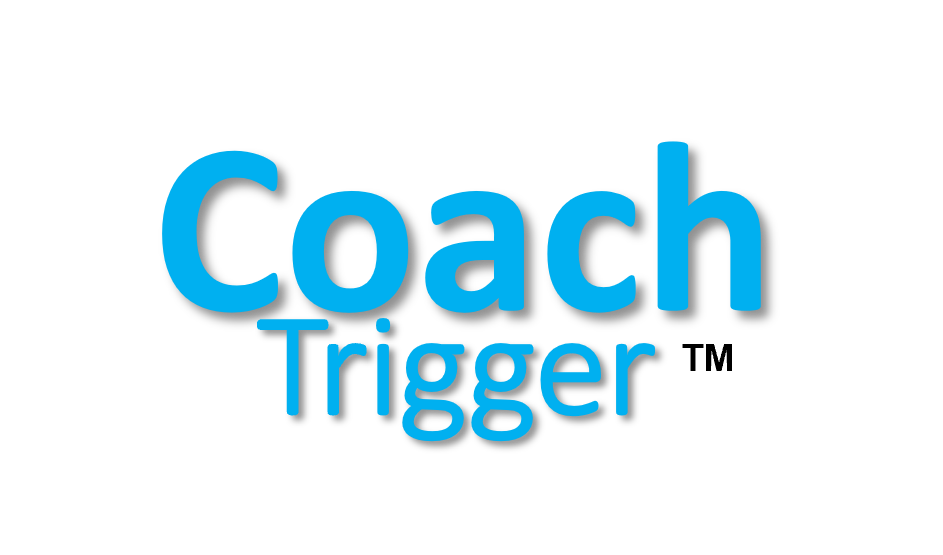How to Manage Client Expectations for Business Consultants

As a business consultant, you know that managing client expectations is crucial for success. But have you ever wondered how to navigate client relationships and meet or even exceed those expectations? In this article, we will explore strategies and tips that will help you effectively manage client expectations, boost customer satisfaction, and foster successful partnerships.
Key Takeaways:
- Understanding the foundation of client relationships is essential for managing client expectations.
- Establishing the right client base through market research ensures project alignment and client satisfaction.
- Mastering the art of under-promising and over-delivering leads to client satisfaction and positive word-of-mouth referrals.
- Implementing proactive solutions and contingency planning helps maintain regular communication and timely solutions for any project deviations.
- By prioritizing communication, delivering quality results, and exceeding client expectations, consultants can achieve long-term success and client satisfaction.
Understanding the Foundation of Client Relationships

Building strong client relationships is crucial for effectively managing client expectations as a business consultant. One of the key elements in nurturing these relationships is providing exceptional customer service. By prioritizing customer service and going above and beyond to meet client needs, consultants can lay the groundwork for successful partnerships.
Another essential aspect of client relationships is understanding the emotions and behaviors of clients. Every client is unique, with different expectations, preferences, and communication styles. By adapting customer service strategies and approaches to align with individual client needs, consultants can build trust and foster long-term collaborations.
Remember, effective communication is at the heart of building and maintaining client relationships. Open and transparent communication ensures that clients are kept informed and involved throughout the consulting process. By actively listening to their concerns, addressing their questions, and providing regular updates, consultants can enhance client satisfaction and strengthen the bond with their clients.
Establishing trust is vital for the longevity of client relationships. Trust is the foundation on which productive partnerships are built, and it relies on consistent and reliable communication. By maintaining open lines of communication and demonstrating unwavering commitment to client success, consultants can earn the trust of their clients and establish themselves as trusted advisors in their respective fields.
Establishing the Right Client Base
To effectively manage client expectations, it is essential for business consultants to establish the right client base. This involves conducting thorough market research to gain in-depth insights into the needs, interests, and factors that influence the buying decisions of potential clients.
By understanding the ideal client, consultants can align their services and expertise with the specific needs and objectives of their target audience. This targeted approach ensures better project alignment and increases the likelihood of client satisfaction and retention.
Market research plays a critical role in identifying the ideal client. By gathering and analyzing data on demographics, psychographics, and industry trends, consultants can create customer profiles and personas that will guide their client acquisition strategy.
Customer retention is another key consideration when establishing the right client base. By focusing efforts on clients who are more likely to align with the consultant’s expertise and value proposition, consultants can build long-lasting partnerships and maximize client satisfaction.
It is important to note that establishing the right client base is an ongoing process. Consultants should continuously monitor market trends and regularly evaluate and refine their target client profiles to ensure they remain aligned with their business goals and expertise.
Mastering the Art of Under-Promising and Over-Delivering

When it comes to managing client expectations, one effective strategy is under-promising and over-delivering. Consultants should steer clear of making inflated promises that can lead to disappointment and client dissatisfaction. Instead, focus on setting clear objectives, goals, and boundaries with your clients.
Delivering high-quality results that exceed expectations is key to client satisfaction. By going the extra mile and wowing your clients with exceptional service and timely delivery, you can foster a sense of loyalty and generate positive word-of-mouth referrals.
-
Avoiding the Pitfalls of Inflated Promises
It’s important to avoid making unrealistic claims or exaggerated commitments in order to manage client expectations effectively. Inflated promises can create false hopes and ultimately damage the trust between you and your clients. Clients appreciate honesty and transparency, so it’s crucial to be realistic about what you can deliver.
When discussing project deliverables and timelines, be conservative in your estimates. This will allow you to exceed expectations if you deliver ahead of schedule or with better results. Remember, it’s always better to under-promise and over-deliver than to promise more than you can deliver.
-
Exceeding Client Expectations
Exceeding client expectations is the ultimate goal for any consultant. By focusing on delivering high-quality work and providing exceptional service, you can create a positive client experience that sets you apart from your competitors. Client satisfaction should be at the forefront of every interaction and deliverable.
Continually look for opportunities to go above and beyond what is expected. This can be achieved by anticipating potential obstacles and proactively addressing them, or by offering additional value-added services. By consistently exceeding client expectations, you will not only enhance your reputation but also increase the likelihood of repeat business and referrals.
Proactive Solutions and Contingency Planning
To effectively manage client expectations, consultants must adopt a proactive approach and develop contingency plans. This ensures that potential issues or challenges are addressed promptly, minimizing disruptions and maintaining client satisfaction.
-
Maintaining Regular and Proactive Client Communication
Regular and proactive communication with clients is vital for managing expectations and building strong relationships. By providing timely updates, progress reports, and addressing any concerns, consultants keep clients informed and involved throughout the project. This open line of communication fosters trust and demonstrates a commitment to transparency.
Consultants can schedule regular check-ins and progress meetings to discuss project status and address any potential deviations. Proactive communication allows consultants to identify and resolve issues before they become major roadblocks, ensuring that clients are reassured and confident in the consultant’s ability to deliver.
-
Preparing for Project Deviations and Timely Solutions
In any project, deviations from the original plan are bound to occur. However, by anticipating potential deviations and formulating timely solutions, consultants can effectively manage client expectations.
When developing a contingency plan, consultants should identify possible risks, alternative approaches, and mitigation strategies. This allows them to be prepared for unforeseen circumstances and proactively address any project deviations. By having well-thought-out solutions ready, consultants can minimize disruptions and ensure that clients receive timely, high-quality deliverables.
It is essential for consultants to assess potential risks and challenges throughout the project’s lifecycle and adjust the contingency plan accordingly. Regular evaluation and proactive problem-solving help consultants stay in control and provide clients with peace of mind.
Conclusion
Managing client expectations is crucial for business consultants to ensure client satisfaction and foster successful partnerships. Throughout the consulting process, prioritizing communication is key. Keeping clients informed and involved instills trust and confidence, ensuring their needs are met. Delivering quality results that align with client expectations not only meets their needs but also strengthens the consultant’s reputation.
To go above and beyond, consultants should aim to exceed client expectations. By providing exceptional service and timely delivery, consultants can leave a lasting impression and foster client loyalty. This not only leads to repeat business but also generates positive word-of-mouth referrals, further enhancing the consultant’s success. Discover CoachTrigger – an innovative platform designed to transform your consulting business! Manage clients and projects better, so you can deliver top-notch service every time. Try CoachTrigger for yourself with our 14-day trial and see how it can take your consultancy to the next level.






